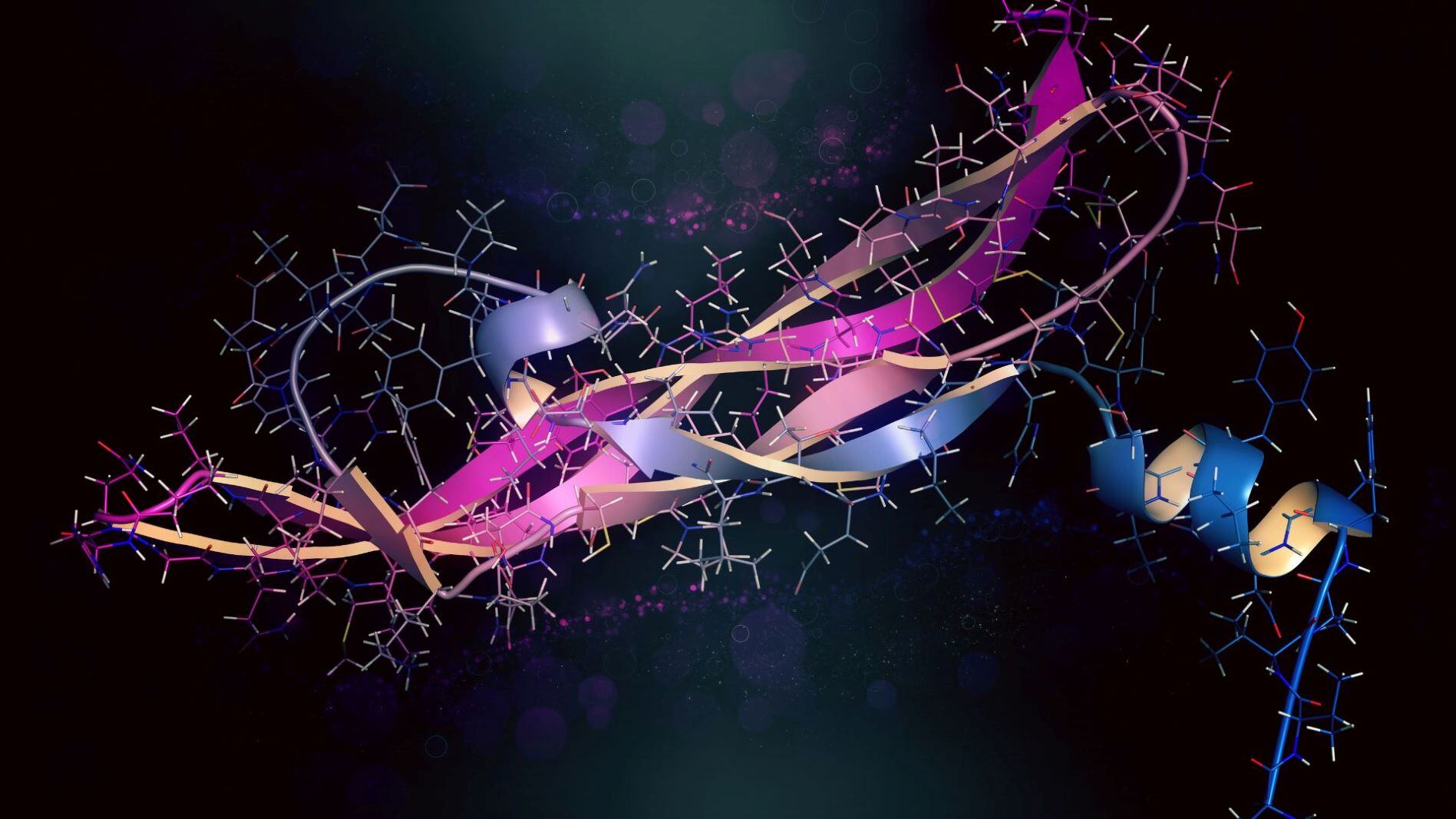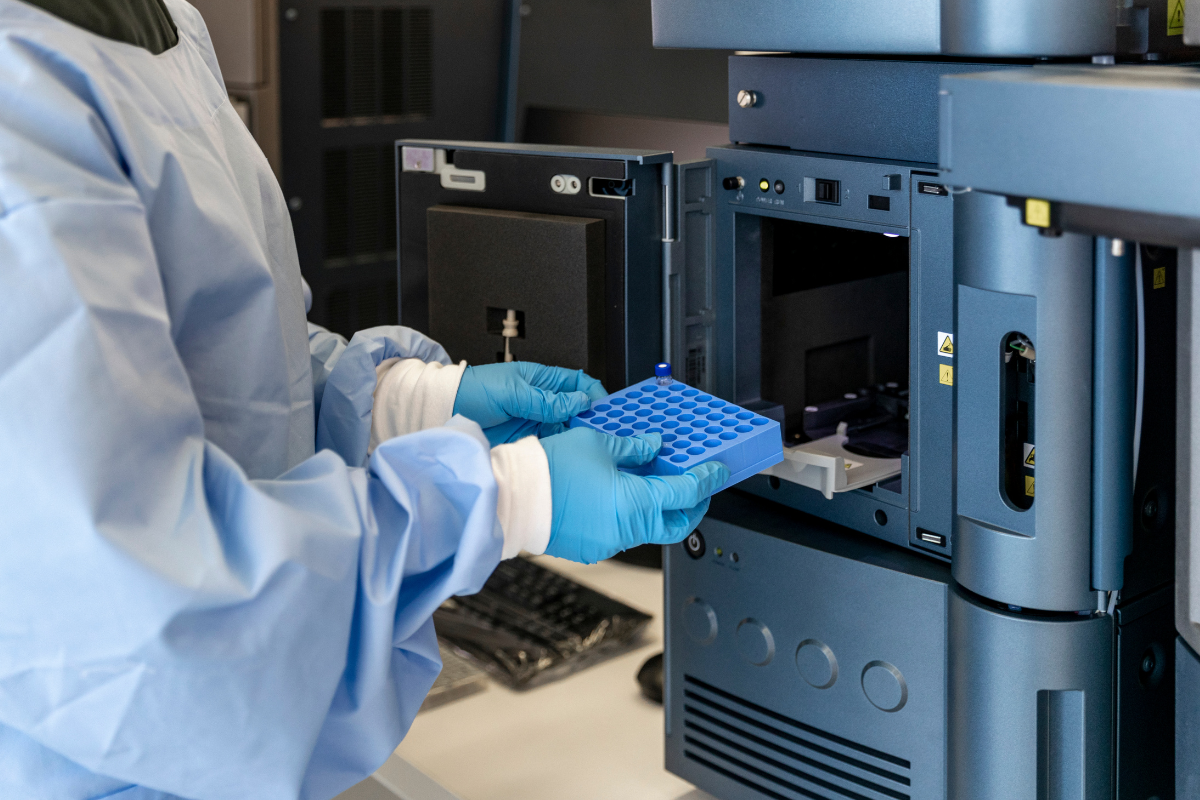New Class of Molecular Glues Could Reshape Cancer Drug Discovery

Targeted Protein Degradation
Targeted protein degradation (TPD) is an emerging therapeutic modality with the potential to tackle disease-causing proteins that have been notoriously difficult to target with traditional small molecules. This technology can specifically target proteins and directly degrade pathogenic target proteins by using the inherent protein degradation pathways within cells.
Degrading rather than inhibiting a target protein is advantageous because it produces a more efficacious drug response at lower doses and more precise intervention with less drug resistance and fewer side effects. Proteolysis Targeting Chimeras (PROTACs) are the most well-known approach to TPD. PROTACs are bifunctional molecules that degrade proteins by hijacking the ubiquitin-proteasome system.
In 2020, a clinical proof-of-concept for PROTAC molecules against two cancer targets, led to mass interest and investment in TPD technology.
Case Study
According to a paper published in Nature, a novel class of molecular glues (adhesive small molecules that bind proteins together) identified at the University of Dundee could be instrumental in paving the way for a new generation of drugs to target cancers and neurodegenerative diseases.
Alessio Ciulli, Professor and Director of the University of Dundee's centre for Targeted Protein Degradation, collaborated with a research group at the Austrian Academy of Sciences to discover a new class of 'intramolecular bivalent glues'.
Unlike typical molecular glues, this group of glues binds to a protein in two places instead of one. The glue then recruits the second protein and effectively sandwiches both proteins together. The majority of molecular glue degraders function by binding to an E3 ligase which subsequently recruits the target protein for tagging and degradation (ubiquitination). However, this method only works if the target protein can be effectively paired with an accessible E3 ligase.
Related:
- Drugging the Undruggable: Targeted Protein Degradation
- Next-Generation Targeted Protein Degradation: Beyond the Usual E3 Ligases
- Challenges and Opportunities in Targeted Protein Degradation: Current and Future Strategies
PROTACs link the target protein and ligase externally, whereas the intramolecular bivalent glues bind to two nearby domains within the same target protein. This binding changes the shape of the target protein in a way that makes it stick to E3 ligases, leading to the protein's degradation.
Ciulli outlined the potential implications of this TPD degrader for the pharmaceutical industry, he stated: "We have only been able to identify this using our targeted protein degradation technology and have identified a vulnerability that can be exploited by the design of new drugs that could potentially transform treatment for cancer patients, and those with other untreatable diseases."
Furthermore, these new findings also highlight previously undervalued characteristics and properties of molecular glues, allowing scientists to develop a more well-rounded understanding of these glues. This breakthrough could help researchers discover new classes of glues more rapidly.
Conclusion
Overall, this research reveals a new class of molecular glues that differ from conventional bivalent PROTACs and monovalent glues. Capitalising on TPD could open doors for developing innovative drugs aimed at combating cancer and neurodegenerative diseases. Ciulli's innovative and world-class research highlights the importance of collaboration and the need for further exploration of TPD.






